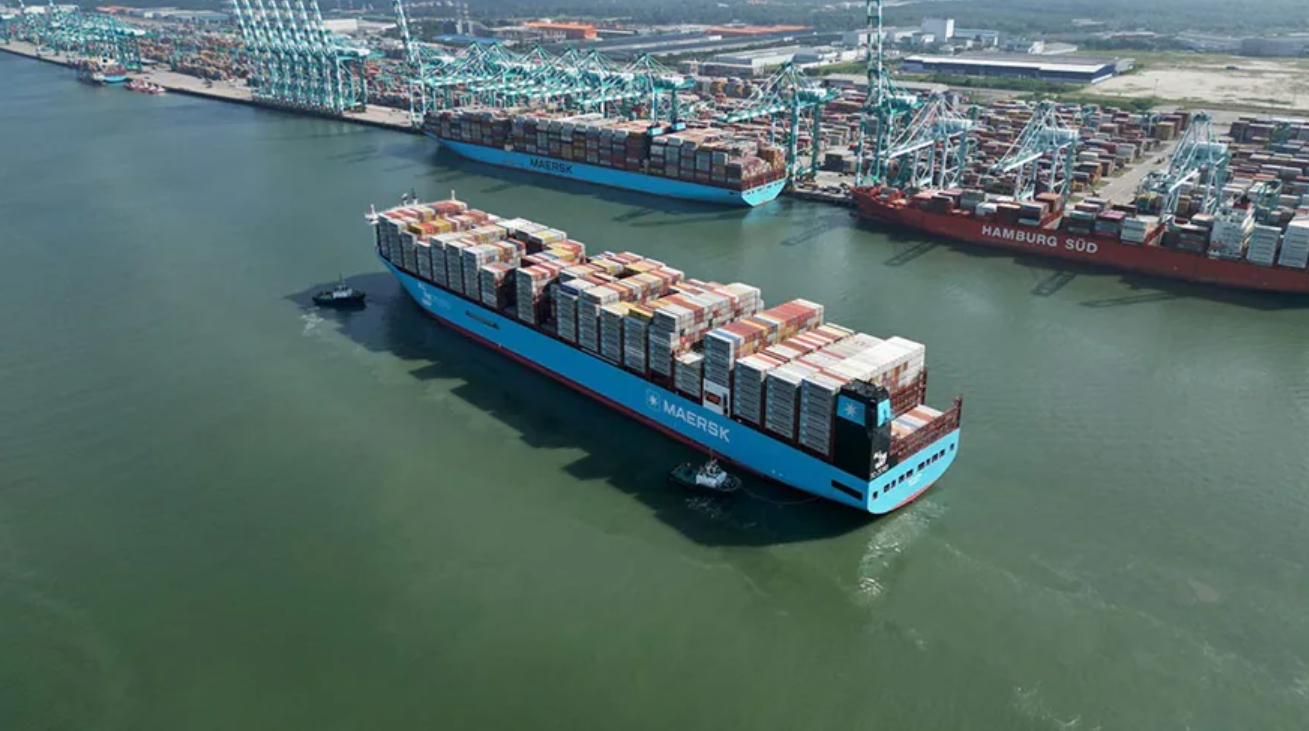In continuation of its fleet renewal programme initiated in 2021, A.P. Moller - Maersk (Maersk) is in the process of signing newbuilding orders and time-charter contracts for dual-fuel vessels matching the planned renewal pace of around 160,000 TEU per year.

"Our fleet renewal program is fundamental to maintaining competitive edge in our ocean business, and it is a cornerstone in decarbonising our operations. As the shipyard orderbooks have been filling up quickly and lead time for vessel deliveries have increased significantly, we decided to place orders and charter contracts of 800,000 TEU (twenty-foot equivalent) dual-fuel vessels, which ensures a steady flow of needed capacity for our network for the years 2026-2030 while building a competitive toolkit." - Rabab Boulos, Chief Operating Officer at Maersk
The ordered capacity will be a mix of owned and chartered, ensuring that Maersk maintains strong financial and operational flexibility while continuing to own a significant part of its strategic tonnage. The vessels come in different sizes offering great network optionality. In line with Maersk’s commitment to decarbonisation, all vessels will be dual-fuel with the intent to operate them on low emissions fuel. To ensure the long-term competitiveness of the fleet and its ability to deliver on the decarbonisation goals, Maersk has elected a mix of methanol and liquified gas dual-fuel propulsion systems. While green methanol is likely to become the most competitive and scalable pathway to decarbonisation in the short term, Maersk also foresees a multifuel future for the industry which includes liquified bio-methane. Once the vessels have been delivered, around 25% of the Maersk fleet will be equipped with dual-fuel engines.
“These orders will not add to the overall capacity and over time every vessel coming in will be replacing a scrapped vessel having reached end of life, ensuring that we maintain our fleet size at around 4.3 million TEU. By diversifying our fleet and fuel options, we gain the flexibility, knowledge, and experience to cater to a future with multiple fuel paths. We thank our partners for working with us to move the industry further towards enabling a future with decarbonised ocean transport. - Ahmed Hassan, Head of Asset Strategy & Strategic Partnerships at Maersk
More about the vessel orders and contracts
- The orders will reach a total of 50-60 combining both owned and chartered dual-fuel vessels equaling 800,000 TEU.
- Approximately 300,000 TEU will be owned capacity while the remaining 500,000 TEU is planned through time-charter agreements.
- The exact split of propulsion technologies will be determined considering the future regulatory framework and green fuels supply.
- Maersk has commenced the work of securing offtake agreements for liquified bio-methane (bio-LNG) to ensure that the new dual-fuel gas vessels provide greenhouse gas emissions reductions in this decade.
- Maersk has previously announced the orders of 25 owned dual-fuel methanol vessels; 5 in service and 20 on order providing around 350,000 TEU of dual-fuel capacity.